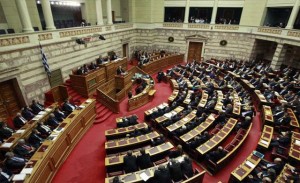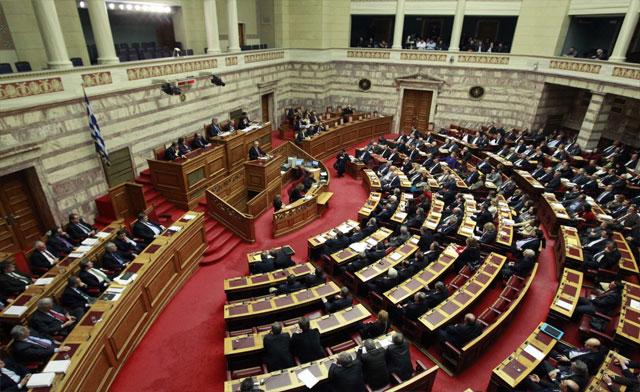 Greece will soon receive another bailout from international lenders, the country’s leaders claim. The Greek government is in talks with lenders from other Eurozone countries over whether the struggling Southern European nation will receive any more bailout money from EU lenders.
Greece will soon receive another bailout from international lenders, the country’s leaders claim. The Greek government is in talks with lenders from other Eurozone countries over whether the struggling Southern European nation will receive any more bailout money from EU lenders.
The struggling economy is in the midst of a severe austerity program that will see thousands of public sector jobs cut in an effort to save money. The country’s initial job cuts will be the reduction of 4,000 civil service positions that are planned to be removed in the coming months.
Greece has struggled to balance its budget over the past two years, with the country facing a 6.6 billion euro debt to be paid by mid-August. The government’s job losses are part of the country’s agreement with IMF financiers, who have asked that Greece reduce its public spending to repay the loans.
The austerity measures, despite being important for Greece’s long-term stability, are proving immensely unpopular with the population. Anti-government protests by the Greek public have become increasingly common over the past year as many families face the prospect of losing income earners.
The Greek government also needs to redeploy 25,000 civil servants as part of its EU financing deal. The civil servants include over 2,000 teachers and 3,500 police, all of whom are to join the national forces. Despite Greece’s progress, the IMF has made it clear that Greece will need to implement its job cuts shortly to secure its deal.
The financing deal is one of several that Greece will have to secure in order to return to a level of financial stability that the public – and the EU – is comfortable with. The country may need to make further job cuts in the future in order to reduce its public spending and repay its IMF bailout loans.





